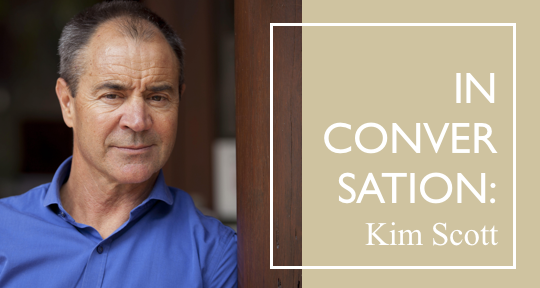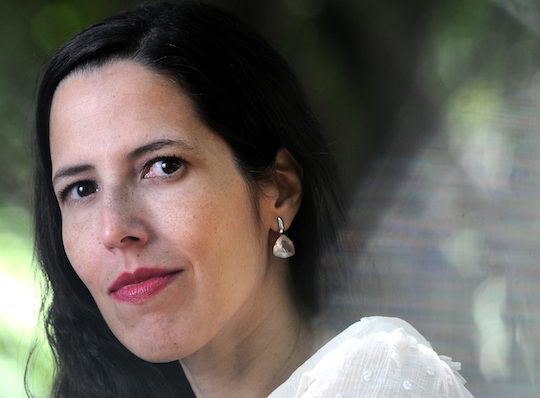Borders fade into the background during literary festivals and book fairs in Spain, El Salvador, and Kosovo this week as our editors report on an increasing resolve to disregard distance in honouring literature, gathering readers, publishers, and writers from around the world. Madrid glows with a rich festival of poetry, history is made in El Salvador as its first multilingual online literary publication is unveiled, and Kosovo pays tribute to women artists and writers in its capital.
Layla Benitez-James, Podcast Editor, reporting from Spain
A rowdy concert, out-of-control house party, or public protest are what come to mind when I think about the police showing up to a gathering in Madrid. However, it was a poetry reading whose audience had spilled out onto the street in front of bookshop Desperate Literature which brought them to give a warning on a warm Tuesday night on May 28.
Over the past two years, I have become involved with the Unamuno Author Series in Madrid, first by doing some introductions for the more or less monthly reading series, and eventually becoming their Director of Literary Outreach as we began to make plans to launch Madrid’s first ever anglophone poetry festival. A grassroots and volunteer outfit from the beginning, the series started by accident on March 27, 2012 when poet and Episcopal priest, Spencer Reece, held what was intended to be a “one-off” reading on the patio of the Catedral del Redentor for Cuban-American poet, Richard Blanco. In partnership with bookseller and co-founder/co-manager of Desperate Literature Terry Craven, and scholar Elizabeth Moe, Reece was unaware that the series would eventually evolve into the packed and vibrant Unamuno Poetry Festival. In the end, the week of May 27 through June 1, 2019 would see eighty readings spread across five venues, including a lecture series hosted in the historic Residencia de Estudiantes, where Federico Garcia Lorca, Salvador Dalí, and Luis Buñuel all lived and studied. Taking place in the mornings, these panels counted poet Mark Doty, Laura García-Lorca (niece of Federico García- Lorca), and local Madrid native poet Óscar Curieses among their ranks, alongside many others.







